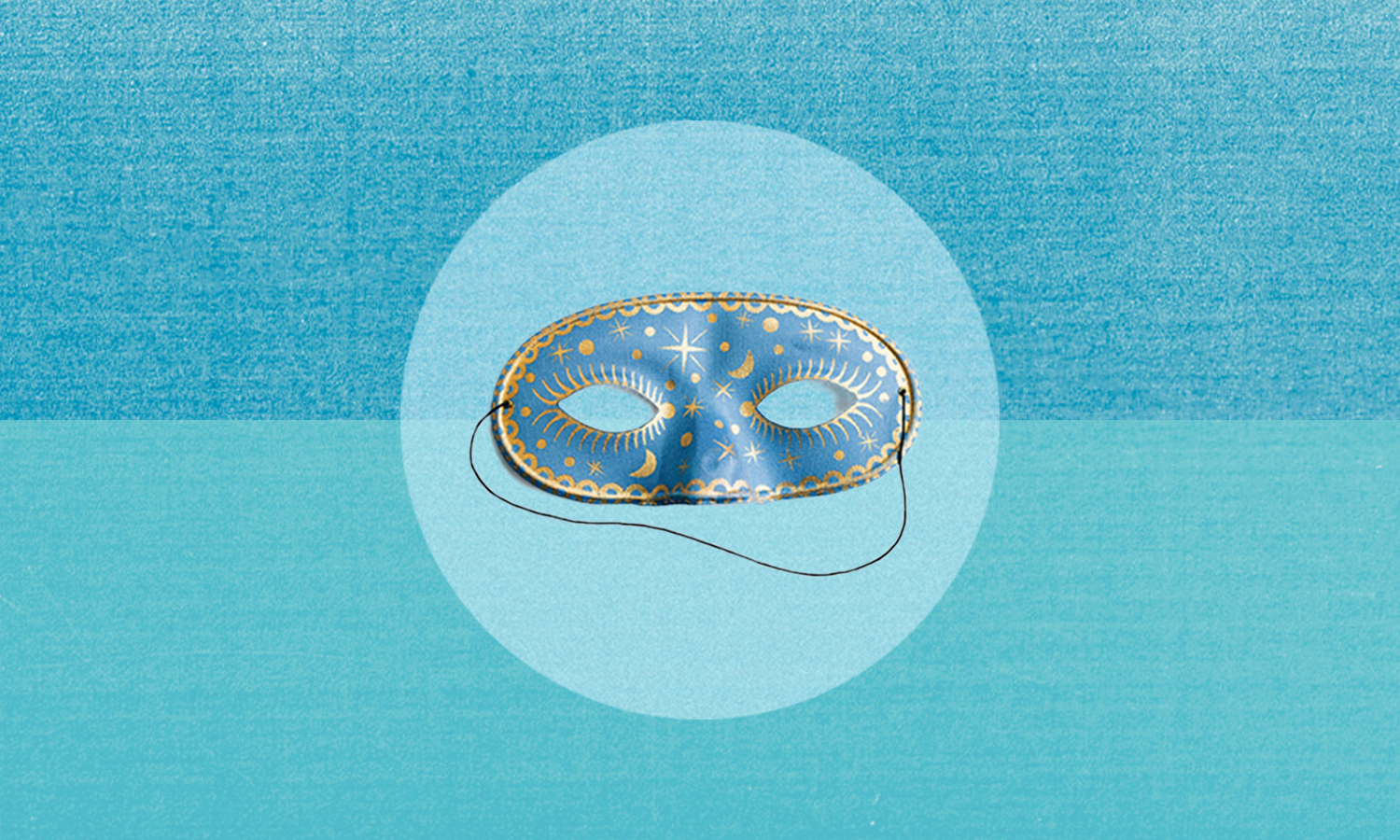Imposter Syndrome Held Me Back, Until I Realized This
When I arrived at Harvard Business School to start my MBA, I remember manually closing my jaw every few minutes as I met my colleagues. There was the investment banker from Goldman Sachs. The war veteran who served in Afghanistan. The consultant who worked with 50 of the Fortune 100.
Then there was me. Little, 24-year-old-journalism-degree me who came to Boston with just two years of work experience in public relations.
I was certain that the Admissions Office had made a mistake. My 4.0 undergraduate GPA meant nothing. It didn’t matter that I had worked for Disney as the youngest publicist they’d ever hired. All that painstaking studying to get the requisite GMAT score for HBS admission? Worthless. Clearly I was the dumbest person on campus, and it was only a matter of time until everyone found out.
Of course, I didn’t fail out of Harvard. In fact, I did well, and especially in marketing classes where I had expertise that some of my war veteran, consultant, banker friends did not. So why was I so focused on my imminent failings and fear of being exposed as a fraud?
Now that I’m a career coach, I can more easily recognize that little voice—you know, the one that tells you that you suck at everything, know nothing, and couldn’t possibly belong in the position you’re in. You may also be familiar with this voice. It goes by the name imposter syndrome.
It’s a weird thing, this syndrome, because it happens to lots of people, and it doesn’t matter how smart you are, how much education you possess, or how long you’ve worked (even CEOs experience it!). Worst of all, it often strikes when you least expect it, and can tear you down in more ways than one.
What I ultimately realized? We’re in control of our reactions, and even though it may be tough to squash the imposter instinct, once we recognize the behavior, we can take steps to change it.
If you walk around thinking you’re no good at anything, you may let opportunities for advancement pass you by. You may not push to ensure employers to pay you what you’re worth. You may stay quiet in a meeting, even when you’ve got an awesome idea.
I’m no psychologist, but when I’ve thought about imposter syndrome and why it strikes with such frequency, what I’ve come up with is this: When we look at people around us, we see a manufactured perspective of who they are. And I’m not just talking about Facebook, where we know people post only the most candy-colored versions of their lives. When we interact with others, especially in a professional environment, those people are choosing the aspects of their lives to show us. We walk away seeing only their accomplishments, how sharp they looked in that meeting, or how they stood up to their boss with poise.
Then we look at ourselves and notice the stain on our shirt and the pimple on our face, remembering how frazzled we were getting ready for that important meeting the other day. We judge ourselves based on a full and complete history of our lives, while judging others based on surface-level qualities that are hand-picked for us to view. It’s only natural that this makes us feel inadequate.
So, how do you overcome that uncomfortable feeling of imposter syndrome? Start by reminding yourself of your assets. You didn’t get to where you are by being terrible at everything, so take stock of what you’ve done well, the times you’ve earned praise and the certifications, degrees or experiences you’ve collected. Remember that nothing in life is handed to you, so in earning these things you have developed expertise that is valuable.
Then, know that perfection is an impossible goal. No one expects you to have all the answers. Even experts in medicine, law, engineering and the like have things to learn. Not knowing an answer doesn’t mean you’re a fraud, nor does it negate all the questions you DO know the answer to. Recognize that it’s less about your knowledge and more about showing maturity in how you respond (and then being resourceful in finding the answer for next time).
Finally—and perhaps most importantly—stop comparing yourself to others. It’s been quoted that “comparison is the thief of joy,” and I couldn’t agree more. You’ll never be someone else. You can spend your life aiming to be more X or Y, or you can focus on embracing your strengths. If you can release yourself from the pressure to be someone you’re not, you may find you have an easier time recognizing your gifts and sharing them with others confidently.
Don’t let the weight of imposter syndrome hold you back—SoFi members can connect with a SoFi Career Coaching to help determine the next step for their career. Not a SoFi member? Check out SoFi.com to see how SoFi help you.




Interesting piece. I’m an overachiever too. Sounds like I have some of the traits of imposter syndrome. I’m retired now but I am still active sharing my expertise at times; for the right project. I’m interested in receiving more info.
Christine Aparicio Merriweather
Thank you so much for that i really needed a reality check and i can reate to everything you said…Thank you